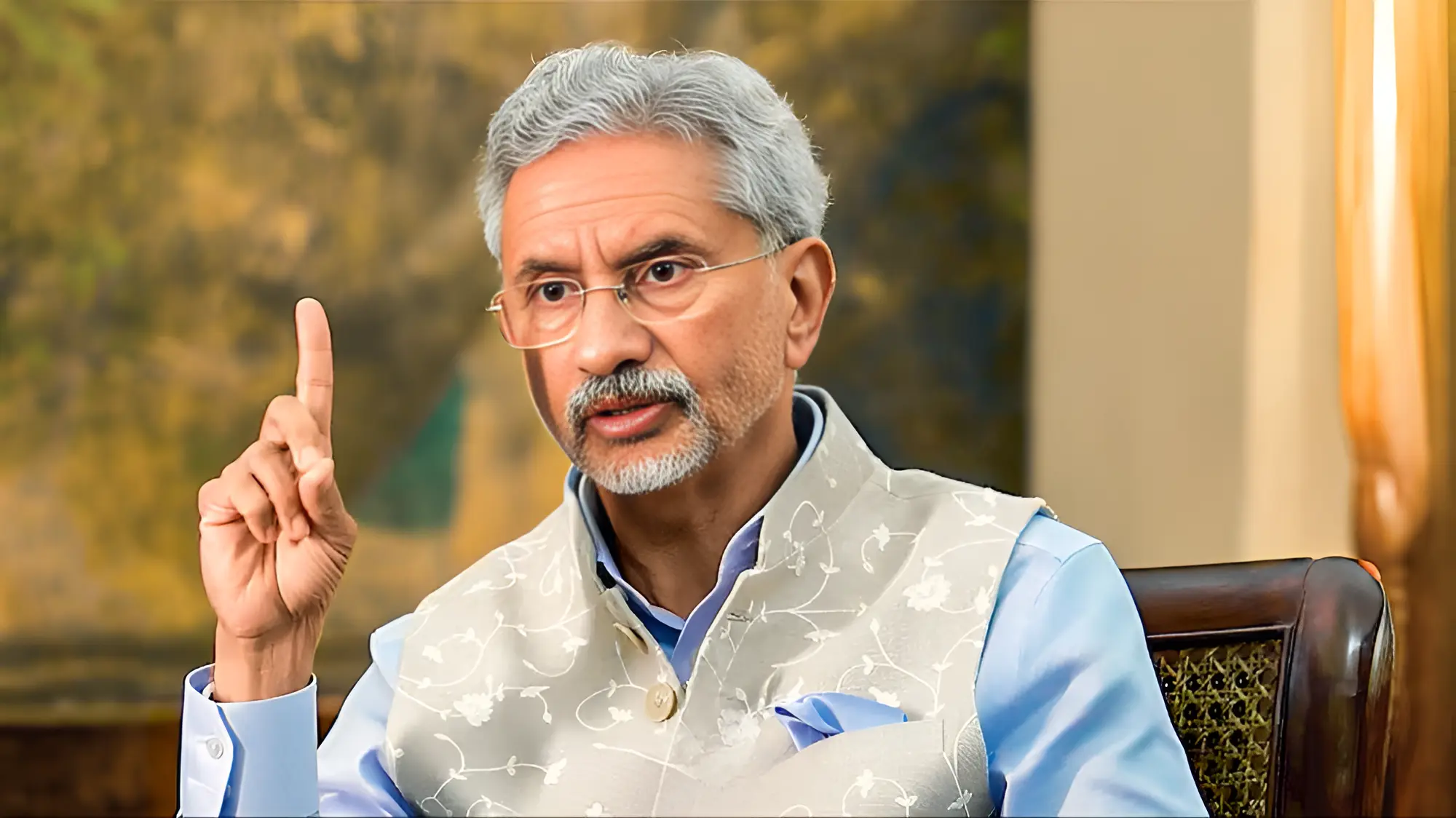
EAM Jaishankar rules out reviewing the suspension of the Indus Waters Treaty, stating "Blood and water can't mix
External Affairs Minister S. Jaishankar rules out review of Indus Waters Treaty Suspension. He has made it clear that there is no possibility of reviewing India’s decision to suspend the Indus Waters Treaty (IWT) with Pakistan. His firm stance, encapsulated in the statement “Blood and water can’t mix,” underscores India’s growing frustration with cross-border terrorism and its impact on diplomatic relations. The suspension of the treaty, following the April 22 Pahalgam terror attack, has sparked intense debate on water security, geopolitical tensions, and India-Pakistan relations.
Background: The Indus Waters Treaty
Signed in 1960 and brokered by the World Bank, the Indus Waters Treaty governs the distribution of water from the Indus river system between India and Pakistan. Under the agreement:
- India controls the Beas, Ravi, and Sutlej rivers.
- Pakistan controls the Indus, Chenab, and Jhelum rivers.
Despite being hailed as one of the most successful water-sharing treaties globally, the pact has often been criticized for favoring Pakistan, as India is allowed to use only 20% of the total Indus water system. The treaty has remained intact despite multiple conflicts, but India’s recent decision to put it in abeyance marks a significant shift in policy.
Jaishankar’s Firm Stand
Speaking at a press conference in New Delhi, Jaishankar reiterated that India will not reconsider its decision until Pakistan credibly and irrevocably stops cross-border terrorism. He made it clear that the repatriation of Pakistan-occupied Kashmir (PoK) will be the exclusive topic of conversation between India and Pakistan. His comments follow Pakistan’s request that India reevaluate the suspension in light of the country’s possible water crisis.
Jaishankar’s statement aligns with Prime Minister Narendra Modi’s stance, who previously declared that “terror and talks cannot happen at the same time”. The Indian government views the treaty suspension as part of a broader strategy to pressure Pakistan into ending its support for terrorism.
Geopolitical Implications
The suspension of the Indus Waters Treaty has far-reaching consequences:
- Water Security Concerns: Pakistan relies heavily on the Indus river system for agriculture and drinking water. The suspension could lead to severe shortages, affecting millions of people.
- Diplomatic Fallout: The move has further strained India-Pakistan relations, with Islamabad calling it a violation of international agreements.
- Regional Stability: The decision could escalate tensions, especially as Pakistan seeks international intervention to resolve the issue.
Conclusion
India’s decision to suspend the Indus Waters Treaty marks a pivotal moment in its diplomatic approach toward Pakistan. With Jaishankar ruling out any review, the focus now shifts to Pakistan’s next move—will it take concrete steps to end terrorism, or will the water crisis deepen? As tensions rise, the fate of the treaty remains uncertain, but one thing is clear: India is standing firm on its stance—blood and water cannot mix.
1 thought on “EAM Jaishankar Rules Out Review of Indus Waters Treaty Suspension: ‘Blood & Water Can’t Mix’”